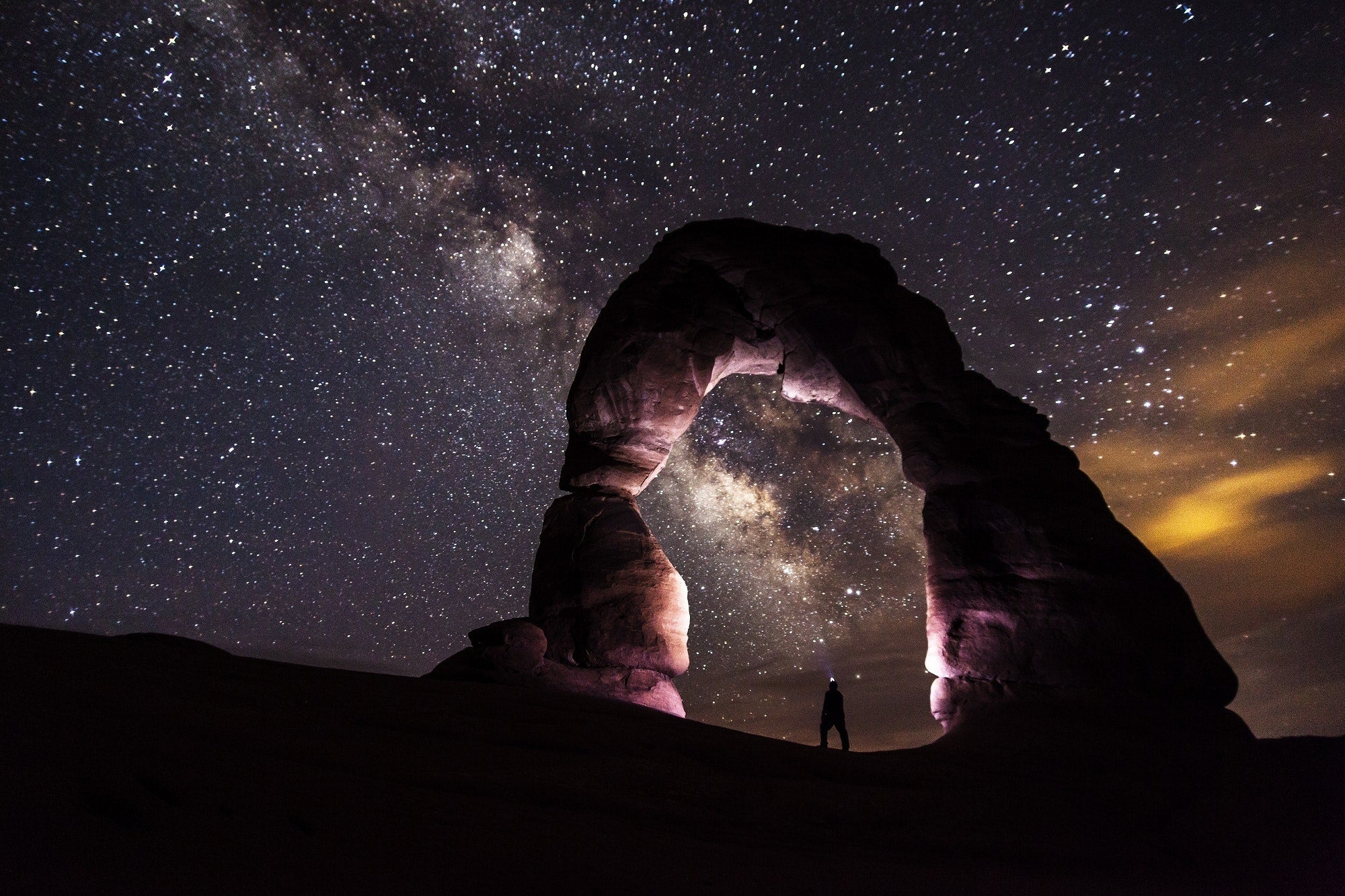- Nov 23, 2021
- 753
- 271

Our universe probably isn't special enough to be in a multiverse
The universe has several apparently fixed constants—such as the strength of gravity—but those properties might not be so special.
 www.popsci.com
www.popsci.com
It is a mystery.“ . . or the cosmological constant–which measures how fast the universe is expanding–that dictate how the universe took shape. Physicists have pondered why these values are what they are for at least a century and tried to find scientific answers to this question for decades. . ”
“ . . For others, the idea of a ‘multiverse,’ made possible by string theory, became a popular way to explain this dilemma—if there are infinitely many universes, it shouldn’t be too surprising that one ended up with the right conditions for life, the reasoning goes. String theory is highly speculative, however, and some scientists deem the multiverse unscientific because they don’t see a way to test whether it exists. . “
“ . . Theologians and even some scientists have used the fine-tuning argument to suggest that the universe must have been created for life to form. . ”
“ . . recent evidence shows that changing multiple constants together might be more likely to make a working universe, giving the changes a chance to even out against other tweaks, the report says [report from Foundational Questions Institute]. . ”
“ . . Other experiments have hinted that the universal constant related to the expansion of the universe might have changed over time—which means it wouldn’t really be constant at all. . “
But I don’t think it means something as specific as the Christian God, the Hindu God(s), the Muslim God, or the Baha’i God.
